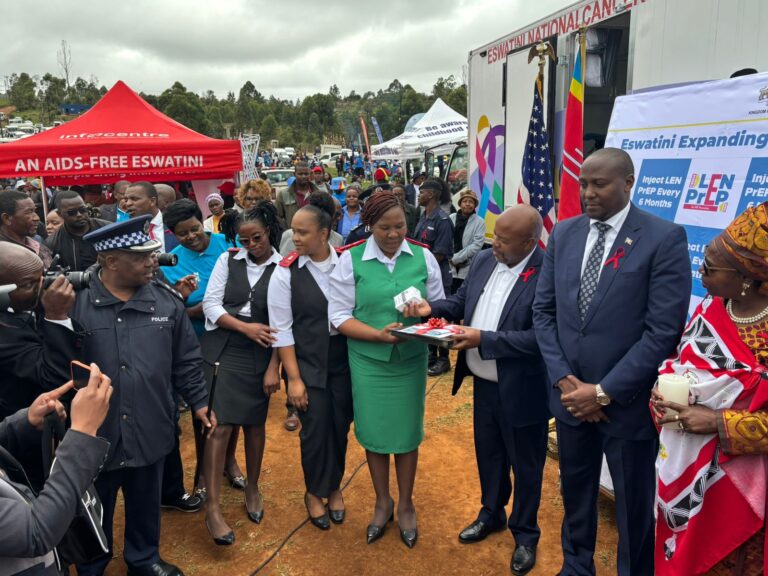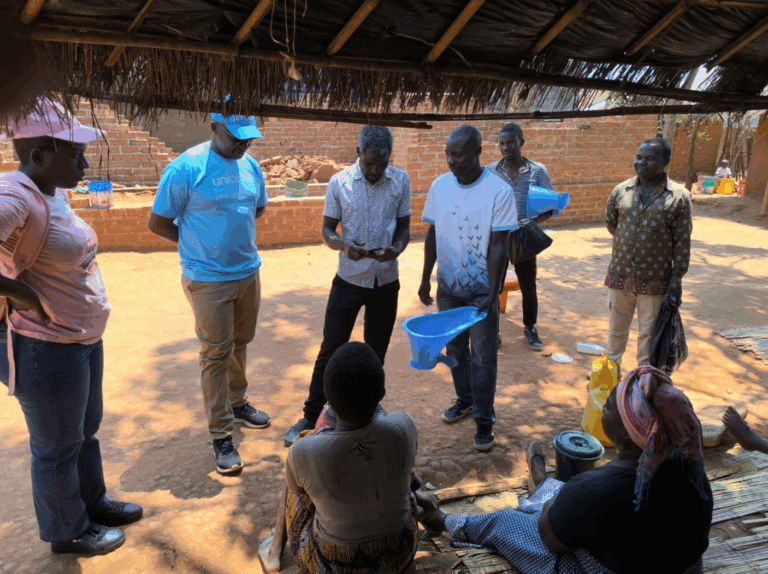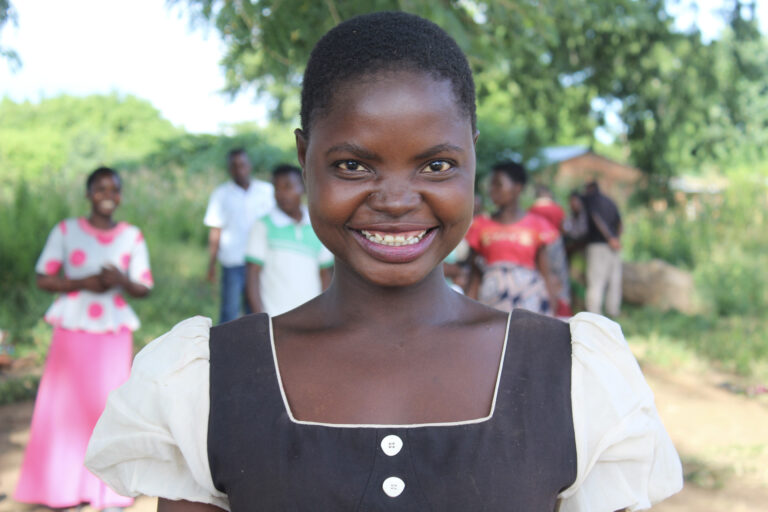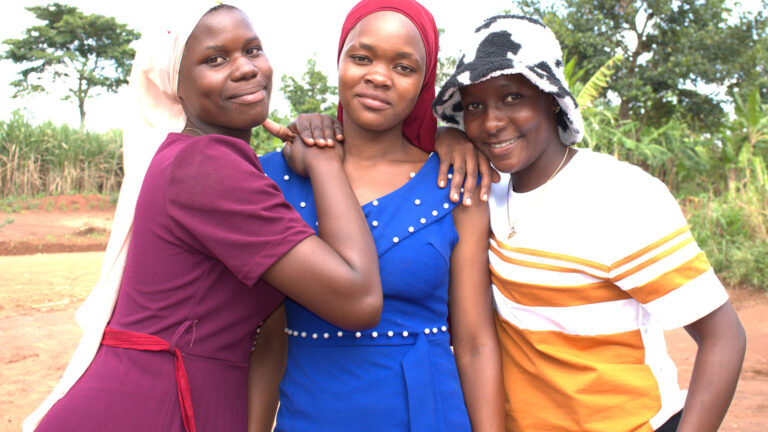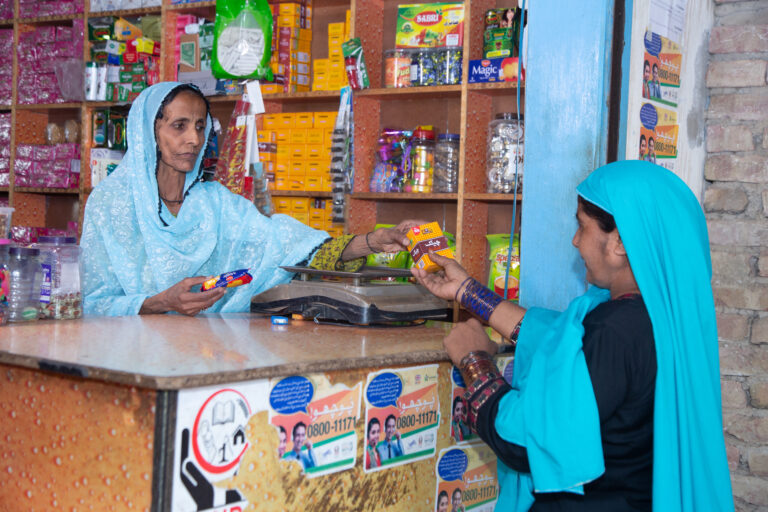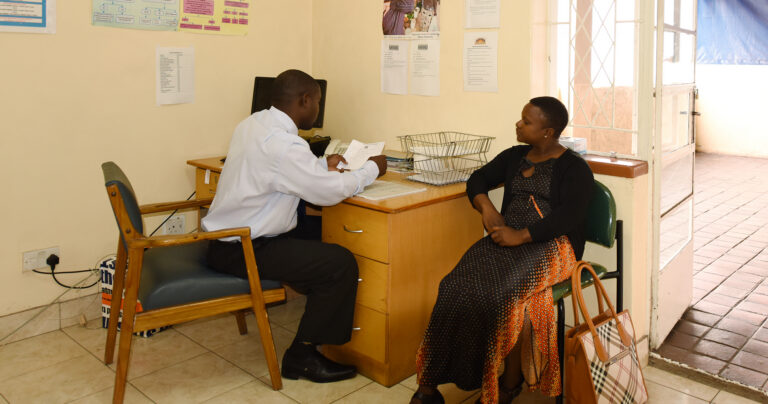
Training health workers in Angola
By: Anya Fedorova, Country Representative, PSI Angola
The shortage of skilled health workers is widely acknowledged as a significant barrier to achieving Universal Health Coverage. To address this challenge, PSI supported ministries of health to develop a digital ecosystem that brings together stewardship, learning, and performance management (SLPM). The ecosystem enhances training, data-driven decision-making, and the efficiency of healthcare delivery.
Here’s what it looks like in practice.
In July 2020, PSI Angola, alongside the Angolan digital innovation company Appy People, launched Kassai, an eLearning platform that targets public sector health workers in Angola. Through funding from USAID and the President’s Malaria Initiatve (PMI), Kassai features 16 courses in malaria, family planning, and maternal and child health – with plans to expand learning topic areas through funding from ExxonMobil Foundation and private sector companies. A partnership with UNITEL, the largest telecommunication provider in Angola, provides all public health providers in Angola free internet access to use Kassai.
Kassai’s analytics system to follow learners’ success rate and to adjust the course content to learners’ performance and needs. Kassai analytics are integrated with DHIS2 – the Health Management Information System (HMIS) of Angolan MOH, to be able to link learners’ knowledge and performance with the health outcomes in the health facilities. The analytics track learners’ performance by course and gives visibility by health provider, health facility, municipality, and province. Each course has pre-and post-evaluation tests to track progress of learning, too.
By the end of 2022, there were 6,600 unique users on the Kassai platform and 31,000 course enrollments. PSI Angola’s partnership with UNITEL, the largest telecommunication provider in Angola, allows for free internet access to learn on the Kassai for all public health providers in Angola. Building on its success for malaria training, Kassai now also provides courses in family planning, COVID-19, and maternal and child health. This reduces training silos and provides cross-cutting benefits beyond a single disease.
Implementing the SLPM digital ecosystem brings numerous benefits to health systems. It allows for more strategic and efficient workforce training and performance management, enabling ministries of health to track changes in health workers’ knowledge, quality of care, service utilization, and health outcomes in real time. The ecosystem also supports better stewardship of mixed health systems by facilitating engagement with the private sector, aligning training programs and standards of care, and integrating private sector data into national HMIS. Furthermore, it enables the integration of community health workers into the broader health system, maximizing their impact and contribution to improving health outcomes and strengthening primary healthcare.


